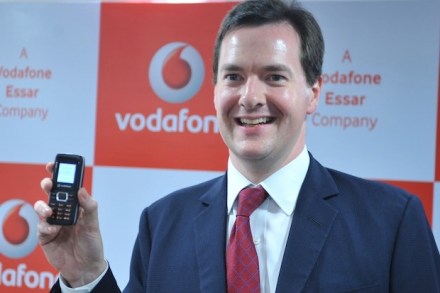So Bob Geldof, where are your refugees?
After photos emerged of three-year-old Syrian Aylan Kurdi’s body being washed up on a Turkish beach, the British public hit out at the government for failing to do enough to help with the current refugee crisis. Although the government has so far spent £900 million helping refugees who have fled Syria, many were outraged that more refugees were not being allowed into Britain. In fact, to help the cause a number of high-profile figures — including Sir Bob Geldof and Stan Collymore — said that they would happily take refugees into their home to aid efforts. What’s more, thanks to schemes such as Room for Refugees their heartfelt pledges could now actually be realised.









